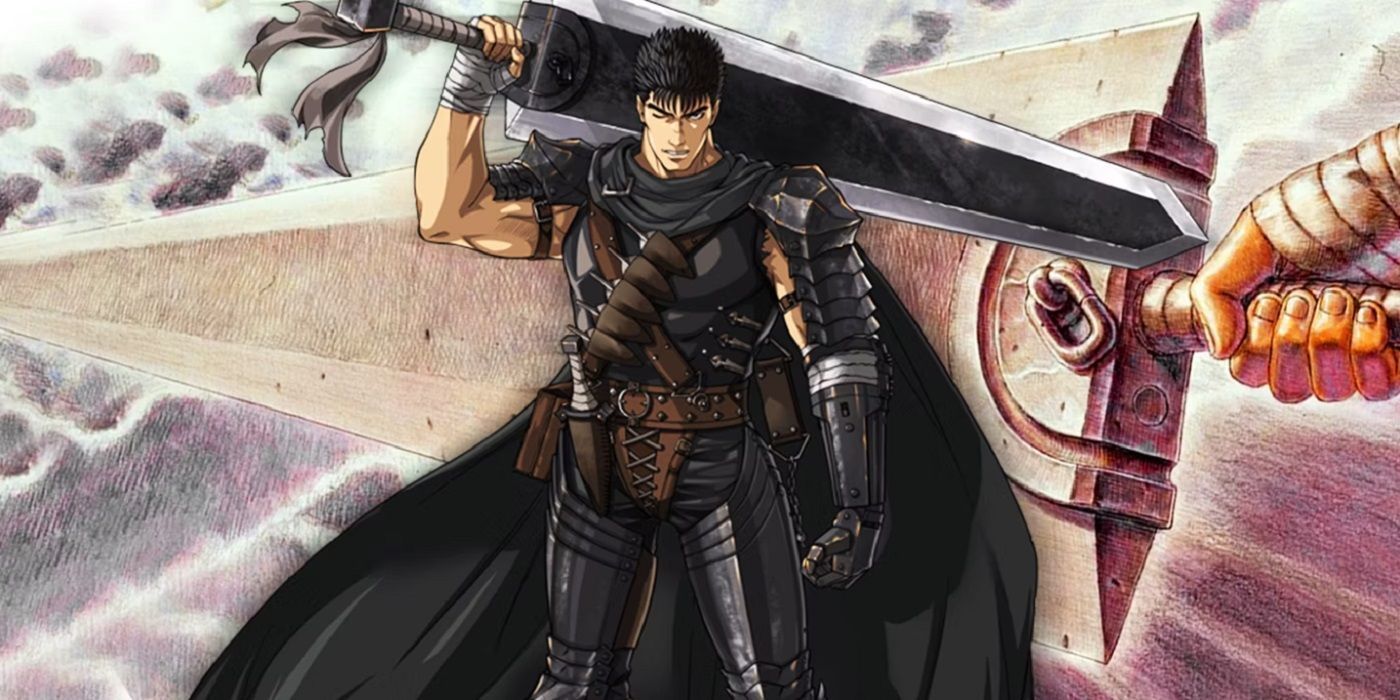The Looming Silence: Japan's Voice Acting Industry Faces a Crisis

In recent times, Japan's illustrious voice acting industry, known for breathing life into countless beloved anime characters, faces an unprecedented challenge. A new tax and invoice system, set to be introduced in October, has stirred significant concern among the country's content creators, particularly voice actors and manga artists. This article delves into the intricacies of this issue and its potential ramifications on the anime and manga industry, not just in Japan but globally.
The New Tax System: A Double-Edged Sword
The Japanese government's introduction of the "qualified invoice system" is primarily aimed at more effectively taxing freelance workers. Historically, many freelancers in Japan managed to sidestep the "Consumption Tax," which enabled them to secure better pay for their labor. However, this forthcoming system threatens to shift the tax burden from employers directly onto the shoulders of freelancers.
A survey spearheaded by "Voiction," a group established by voice actors, paints a grim picture. It revealed that a staggering 27% of animation voice-over actors in Japan contemplate the possibility of going out of business due to this new system. The government, on its part, argues that the system will streamline the calculation of consumption tax payments and curtail fraud and errors related to the tax. But the voice acting community and manga artists counter this claim, suggesting that the system might inadvertently increase the tax burden on taxable companies, leading to diminished work opportunities.

Anonymity at Stake
The situation is further complicated by the cultural and professional nuances of the Japanese creative industry. Many content creators in Japan, for reasons ranging from personal safety to branding, operate under pseudonyms or public personas. Renowned examples include Masamune Shirow, the pen name of the "Ghost in the Shell" creator, and the burgeoning VTuber and Virtual Idol industries. The new tax system, however, could potentially compromise this cherished anonymity.
In a press conference, representatives from the anime and manga industry, including Maya Okamoto, Masuo Ueda, Teruma Nishii, and Kyoji Koto, expressed their apprehensions. They fear "international repercussions" due to the chilling effect the invoice system might have on creators' ability to work. The grassroots movement "STOPINVOICE" further emphasizes the potential damage Japan’s new system could inflict on the international fan community.
The Voice Behind the Characters
The voice acting profession in Japan, unlike many other countries, is not just about lending one's voice to a character. It's a craft, honed over years, sometimes decades, of rigorous training and experience. Many voice actors, barring a few popular ones, invest heavily in lessons and other endeavors. They often juggle part-time jobs to sustain themselves. As Ayano Fukumiya, a voice actor with 12 years of experience, pointed out, the new system's paperwork could be overwhelming. Many voice actors can't afford tax accountants, and the added administrative burden could eat into their work time, leading to an industry-wide decline.
Jun Kikuchi, a tax accountant, encapsulated the broader implications, suggesting that the new system is essentially a tax hike pressuring small businesses. This could result in many businesses, including those in the voice-over industry, shutting down.
A Global Opportunity Amidst the Crisis
While the situation in Japan seems dire, it presents an intriguing opportunity for the global anime community. As the Japanese voice acting industry grapples with these challenges, there's potential for foreign voice actors and studios to fill the void. The global anime fanbase has grown exponentially, with North America being a significant market. English dubs of anime series have gained traction, and there's an increasing demand for diverse voices that resonate with a global audience.
The decline of the voice acting industry in Japan could be a clarion call for international studios and voice actors to step up. By offering overseas contracts, quality dubs and even original content, they can cater to the ever-expanding anime fanbase. This isn't about replacing the iconic Japanese voice actors but complementing them, ensuring that the global community continues to enjoy the anime content they so dearly love.
Give Japanese Anime Industry A Hand
While Japan's voice acting industry faces a daunting challenge, it's essential to view this as a transitional phase. As with all industries, adaptation and evolution are key. And as the Japanese industry navigates this hurdle, the global community stands ready to support and, if needed, step in to ensure that the world of anime thrives. As a creator and fan community platform, Unifan definitely support these artists who are having financial issues. Hopefully, we can extend our services to enable them to explore the global market and diversify their income dependence to boarder markets.
立即注册 UniFans 引力圈, 轻松自由地创作吧!
立即注册 UniFans 引力圈, 轻松自由地创作吧!
nOTE:
Only team owners can access this feature. Please ask your team owner to access this feature.
RELATED CONTENT

UniFans Content Team
UniFans' content writing team is a group of creative storytellers dedicated to crafting engaging and insightful content for the digital world, specializing in topics that resonate with influencers and online content creators.







